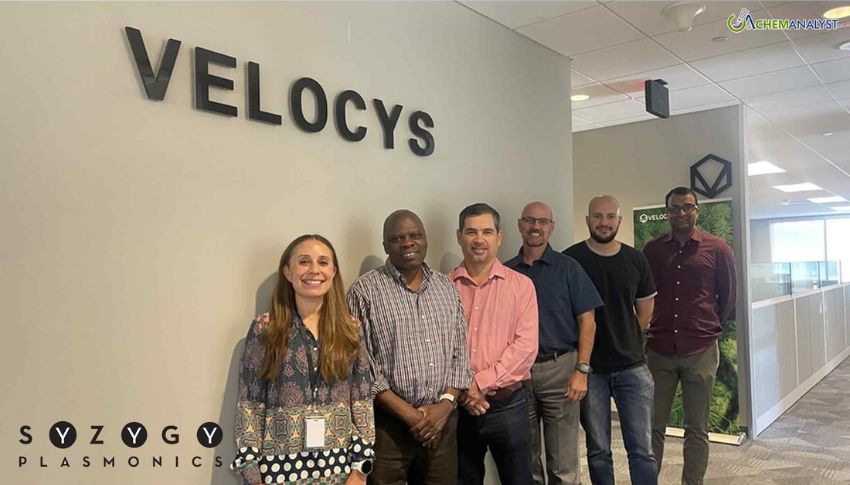Welcome To ChemAnalyst

This initiative, supported by Fischer-Tropsch technology leader Velocys, aims to simplify and de-risk SAF production.
Syzygy Plasmonics has announced a significant leap forward in sustainable aviation fuel (SAF) production with the unveiling of its NovaSAF 1 facility in Uruguay. This pioneering commercial project, now bolstered by the expertise of Velocys as its Fischer-Tropsch (FT) technology licensor, is set to transform dairy waste and biogas into 500,000 gallons of drop-in jet fuel annually. What sets this venture apart is its reliance solely on renewable electricity and waste gas, completely circumventing the need for green hydrogen or complex gasification processes.
At the core of the NovaSAF 1 project is Syzygy's proprietary light-driven GHG e-Reforming technology. This innovative process is capable of directly producing the ideal 2:1 syngas ratio, crucial for efficient Fischer-Tropsch (FT) synthesis, from biogenic methane and carbon dioxide. This breakthrough eliminates the energy-intensive and water-demanding steam reforming, along with the costly electrolyzers traditionally associated with syngas production.
To efficiently convert this syngas into high-yield jet fuel, Syzygy has strategically partnered with Velocys, integrating their renowned microFTL technology. Velocys' expertise is critical for maximizing fuel output and ensuring the reliability of the conversion process, both of which are paramount in driving down the overall production cost of synthetic fuel.
Trevor Best, CEO of Syzygy Plasmonics, emphasized the project's significance, stating, "This project proves that profitable SAF production doesn't have to wait on future infrastructure. With Velocys, we're bringing in a complete, modular solution that drives down overall production costs and is ready to scale. Uruguay is only the start." His remarks highlight the project's potential to establish a new paradigm for SAF production that is both profitable and readily deployable.
Echoing this sentiment, Matthew Viergutz, CEO of Velocys, expressed his company's enthusiasm for the partnership. "We're proud to bring our FT technology into a project that's changing the game," Viergutz said. "This is what innovation looks like—fast, flexible, and focused on making SAF production affordable." This joint effort represents a pivotal moment in the industry, showcasing how technological innovation and strategic partnerships can accelerate the transition to sustainable aviation.
The NovaSAF 1 project is poised to achieve a nameplate capacity of 500,000 gallons per year of ASTM D7566-compliant SAF. Its feedstocks, dairy waste, biogenic methane, and CO2, combined with 100% renewable electricity as its power source, firmly position it as a leader in environmentally responsible fuel production. With the Final Investment Decision (FID) anticipated in Q4 2025 and the start of operations slated for Q1 2027, the project is moving forward swiftly.
We use cookies to deliver the best possible experience on our website. To learn more, visit our Privacy Policy. By continuing to use this site or by closing this box, you consent to our use of cookies. More info.
